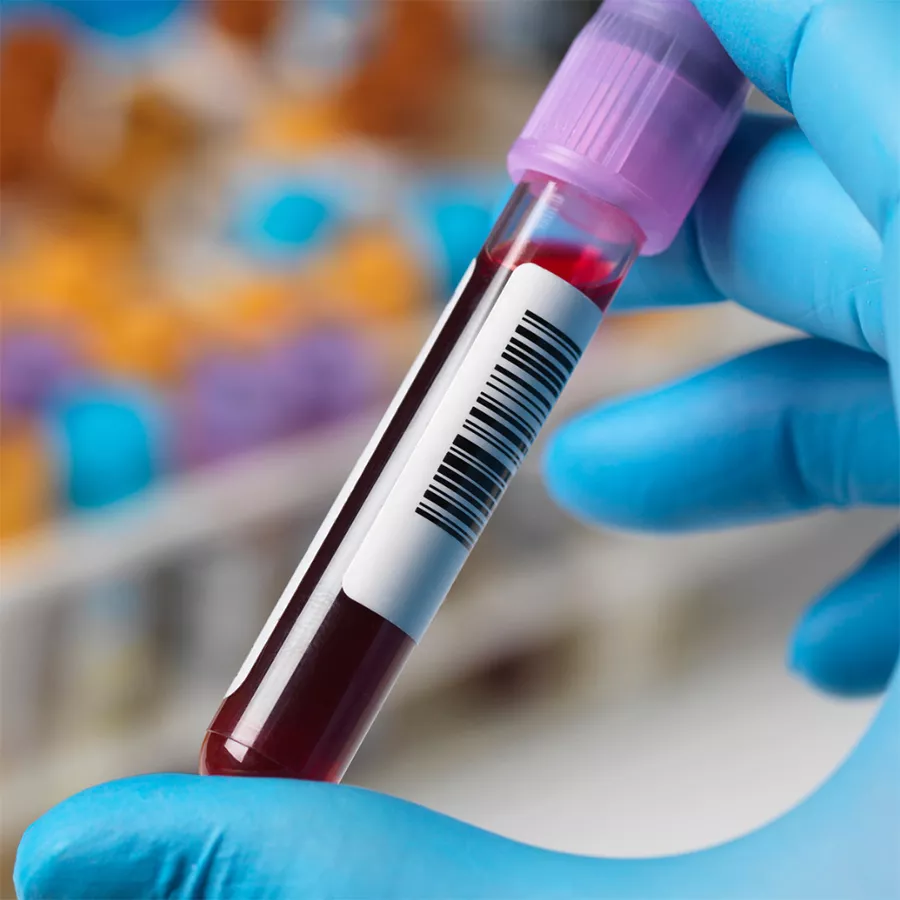The significance of Unique Device Identification (UDI) in Medical Device Industry
2 August 2023
In the ever-evolving field of healthcare, patient safety and regulatory compliance are top priorities. One essential tool that aids in achieving these goals is the implementation of (UDI) systems in the medical device industry. UDI provides a standardized method for identifying and tracking medical devices, offering numerous benefits for patients, healthcare professionals, and regulatory agencies.
In this blog post, we will explore the importance of UDI in the medical device industry and its impact on various stakeholders.

